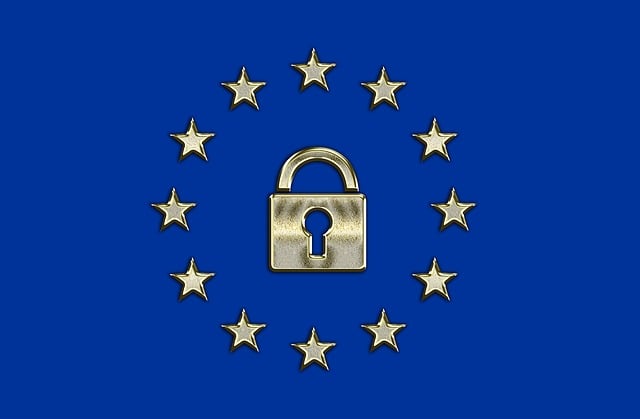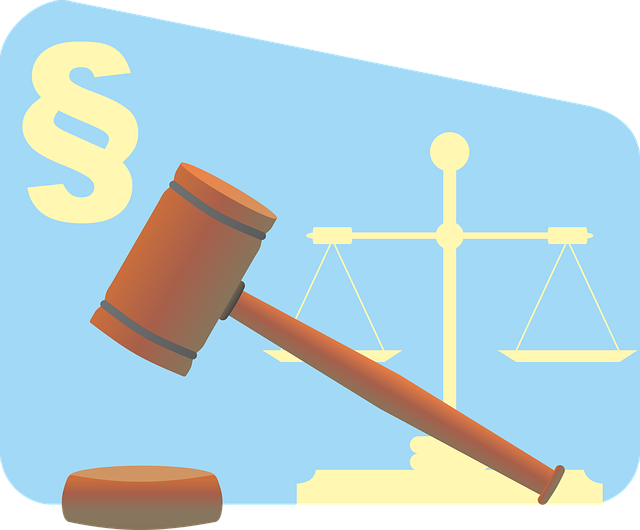The RF Securities Industry Regulation maintains market integrity through federal and state rules governing securities trading. A key challenge is managing high costs associated with defending against libel claims, impacting firm operations and client trust. Effective case management and proactive compliance are vital strategies to mitigate these expenses in a tightly regulated environment. Regulators lower the cost to defend by setting clear guidelines for disclosure and accountability, fostering responsible communication. Proactive approaches ensure a resilient financial ecosystem, avoiding legal pitfalls.
The RF Securities industry faces a complex regulatory landscape, demanding adherence to stringent rules. This article explores the multifaceted aspects of RF Securities regulation, offering insights into its framework, legal defenses, and financial implications. We delve into understanding the regulatory environment, focusing on key areas such as legal costs, particularly the escalating cost to defend against libel claims, compliance impacts, and effects on market integrity and investor protection.
- Understanding RF Securities Regulation Framework
- Legal Costs: Defending Against Libel Claims
- Regulatory Compliance & Its Financial Implications
- The Impact on Market Integrity and Investor Protection
Understanding RF Securities Regulation Framework
The RF Securities Industry Regulation is a complex web of rules and guidelines designed to ensure fairness, transparency, and protection for investors in the financial markets. Understanding this framework involves grasping both federal and state-level oversight mechanisms that govern securities trading. At its core, these regulations aim to prevent fraudulent activities, market manipulation, and unfair practices, thereby fostering public trust in the capital markets.
Key aspects of this regulation include registration and licensing requirements for securities firms and brokers, disclosure obligations for companies offering securities, and rules governing insider trading and anti-money laundering. Interestingly, the cost to defend against libel claims within this industry is often a point of contention, especially considering the high stakes involved in financial litigation. Navigating these regulatory waters requires legal expertise that understands not just the technicalities but also the philosophical and political communities that shape and interpret them, ultimately impacting how firms conduct their business and for his clients’ benefit.
Legal Costs: Defending Against Libel Claims
In the highly regulated RF (Radio Frequency) securities industry, legal costs can significantly impact a company’s bottom line, especially when defending against libel claims. These lawsuits often arise from misinformation or disputes over financial transactions, and the cost to defend against such claims can be substantial. Legal fees, expert witness expenses, and potential settlements or damages can all contribute to the overall expense. For businesses with an unprecedented track record in navigating complex legal landscapes, these costs are not just a financial burden but also a strategic challenge that requires meticulous planning and a robust risk management approach.
The complexity of white-collar and economic crimes within the RF securities sector demands specialized legal expertise. As such, companies must allocate resources to secure attorneys with deep knowledge of industry regulations and litigation strategies tailored to these unique circumstances. Effective case management and early identification of potential libel risks are key to mitigating these costs, ensuring the respective business operates efficiently and maintains its integrity in an ever-watchful regulatory environment.
Regulatory Compliance & Its Financial Implications
Regulatory compliance is a cornerstone in the securities industry, designed to protect investors and maintain fair markets. Firms must navigate complex rules regarding disclosure, transparency, and ethical conduct. Failure to adhere to these regulations can lead to significant financial implications, including hefty fines and legal costs. The security industry’s intricate web of laws means companies often require specialized legal support to ensure they remain compliant, which in turn can impact their operational budgets.
One critical area where non-compliance can have direct consequences is in the event of a libel claim. The cost to defend against such claims can be substantial, especially as cases navigate complex legal landscapes. However, a robust general criminal defense strategy can help mitigate these risks. Firms with an unprecedented track record of winning challenging defense verdicts understand the importance of proactive compliance measures, ensuring they not only avoid legal pitfalls but also foster trust among their clientele.
The Impact on Market Integrity and Investor Protection
The RF Securities Industry Regulation plays a pivotal role in upholding market integrity and safeguarding investors from potential harm. Effective oversight ensures that market participants adhere to stringent ethical standards, fostering an environment of transparency and fairness. By implementing robust regulatory measures, such as rigorous reporting requirements and stringent compliance protocols, regulators can proactively identify and mitigate risks associated with fraudulent activities and unethical practices.
Moreover, these regulatory frameworks significantly reduce the cost to defend against libel claims by establishing clear guidelines on disclosure and accountability. This not only protects investors from misinformation but also encourages responsible communication and disclosure practices among market players. Ultimately, achieving extraordinary results in investor protection necessitates a proactive approach, where regulators navigate complex landscapes to avoid indictment while promoting a sustainable and resilient financial ecosystem for the respective business.
In conclusion, navigating RF Securities Industry Regulation requires a comprehensive understanding of legal frameworks, cost management strategies like defending against libel claims, and prioritizing regulatory compliance. These factors significantly influence market integrity and investor protection, ensuring fairness and transparency in financial transactions. By balancing these aspects, industry players can foster a robust and trustworthy securities marketplace.






